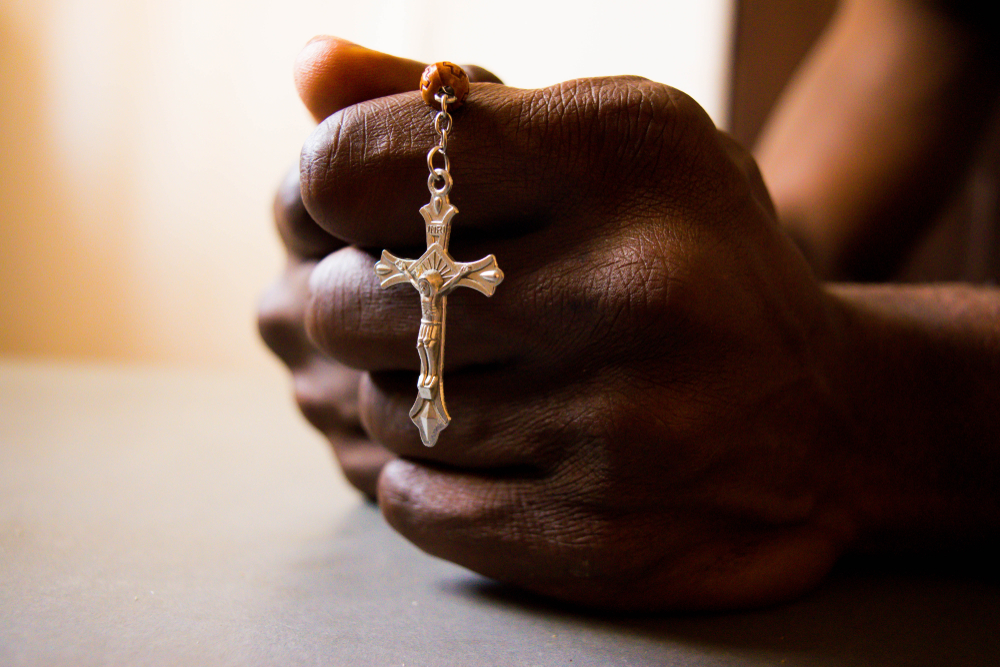Nigeria remains tense after US President Donald Trump ordered the Pentagon to prepare for possible military intervention. Trump claimed his decision aimed to stop the killing of Christians in Nigeria, threatening to “go in guns blazing” if violence continues. Many Nigerians, however, believe the threat links more to the country’s mineral wealth than to humanitarian concerns.
Trump wrote on social media, “If the Nigerian government keeps allowing Christians to be killed, the USA will stop all aid and may strike fast and hard.” His statement shocked Abuja, which immediately rejected the idea of foreign military involvement.
Tinubu Demands Respect for Nigeria’s Sovereignty
President Bola Ahmed Tinubu responded by inviting Trump to discuss counterterrorism and security cooperation. He insisted that any partnership must respect Nigeria’s independence. Tinubu later stated on X that labeling Nigeria as religiously intolerant misrepresents the country’s reality.
Tinubu’s spokesperson Daniel Bwala described Trump’s comments as a possible “negotiating tactic,” noting that both nations already collaborate through intelligence sharing and weapons supply. Despite these ties, the issue of alleged Christian persecution remains a divisive and decades-old challenge in Africa’s largest democracy.
Amnesty International reported in May that over 10,000 people have died in jihadist attacks across central and northern Nigeria since Tinubu took office. With roughly 220 million citizens evenly split between Christians and Muslims, the nation continues to battle extremist groups like Boko Haram, which target both faiths.
Debate Grows Over Motives and Minerals
Some observers in Washington describe the violence as a Christian genocide. Many Nigerians, however, argue that the situation is more complex, with Muslims also suffering heavily from terrorist assaults. Reverend Ezekiel Dachomo insists that Christians face systematic extermination, while advocacy groups such as Open Doors report over 7,000 Christian deaths in 2025 alone.
Trump’s threat follows calls by US Senator Ted Cruz to label Nigeria a violator of religious freedom. Yet analysts suggest that rare earth elements and critical minerals in Nigeria’s insurgent-dominated northeast—such as lithium, cobalt, and copper—may also drive US interest. Broadcaster Cyril Abaku welcomed international assistance but warned that external involvement must truly protect communities, not exploit resources.
Human rights activist Omoyele Sowore urged Nigerians to seek justice through reform, not foreign armies. “Nigeria doesn’t need a foreign savior,” he said. “It needs honest leadership that defends its citizens and ends corruption.”
The United States previously listed Nigeria as a “country of particular concern” in 2020 for violations of religious freedom, though it did not single out attacks on Christians.


